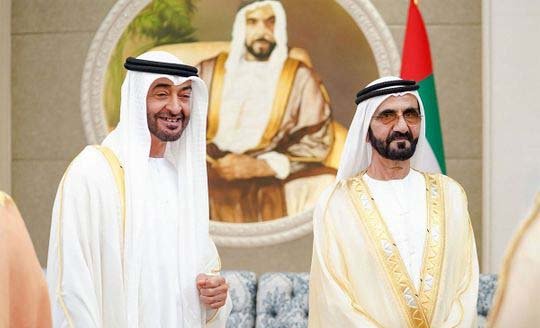Stop Wearing Vision Pro Goggles WhileDriving Your Tesla, U.S. Says
Social media has been buzzing with videos showing a surreal sight: Tesla drivers cruising in Autopilot mode while sporting Apple Vision Pro headsets, seemingly oblivious to the road ahead. These peculiar clips have raised eyebrows among federal transportation authorities, prompting them to issue warnings. But are people genuinely zoned out in their Teslas with these futuristic goggles, or is it all just a stunt for online attention? Since the release of Apple’s new goggles on February 2nd, videos have emerged featuring individuals wearing them in odd situations, blurring the line between reality and digital immersion.Many of these videos, particularly those filmed inside cars, appear staged, often with someone else recording. While these antics may seem reckless, they’re not widespread. However, they caught the attention of Transportation Secretary Pete Buttigieg and the National Highway Traffic Safety Administration, both emphasizing the importance of staying attentive while driving. One such video, posted by Dante Lentini, showed him behind the wheel of a moving Tesla with the Vision Pro headset on, but he later clarified that it was merely for content creation. Despite the appearance of danger, Lentini insisted that no apps were in use, and the headset was worn for a brief period. Similar videos depicting people wearing the Vision Pro headset in various daily activities like dining out or exercising have circulated on social media. This trend raises questions about society’s increasing reliance on digital interfaces, even during mundane tasks.While some creators insist these videos are comedic skits, authorities stress the seriousness of distracted driving. The National Highway Traffic Safety Administration highlighted the grim statistics of distracted driving-related accidents, emphasizing that fully autonomous vehicles are not yet available for sale.Apple, while not commenting directly on the videos, has provided safety guidance for the Vision Pro headset, advising against using it while operating vehicles or machinery. Lentini mentioned that the headset has a driving mode for passengers, limiting app usage. Priced at $3,499, the Vision Pro headset promises immersive virtual experiences, but its integration into daily life raises concerns about safety and attentiveness. As authorities urge caution, it’s a reminder that while technology can enhance our lives, it shouldn’t come at the expense of safety and responsibility.










